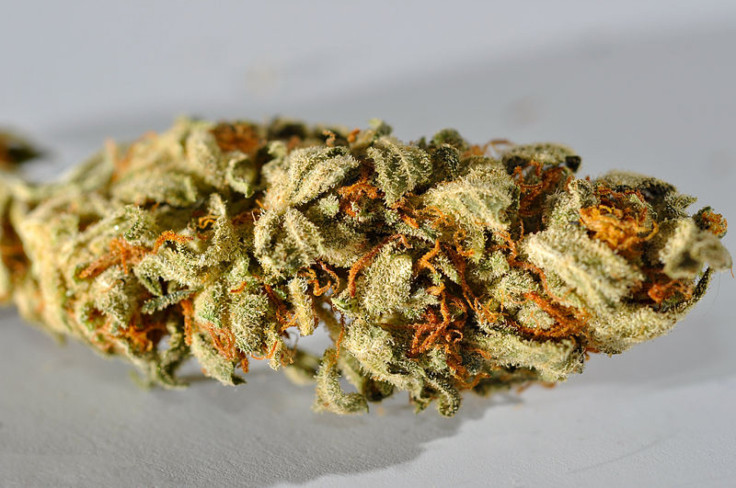Government May Soon Have To Re-Evaluate Medical Marijuana

Medical marijuana advocates are hoping an impending court case will force the government to re-evaluate the potential upsides of cannabis use.
Under the Controlled Substances Act, the federal government currently classifies cannabis as a Schedule 1 drug, meaning it carries a high risk of abuse and no proven medical value. The classification puts cannabis on par with substances like heroin and MDMA, or ecstasy.
Advocates argue that equating marijuana with dangerous drugs like heroin is ludicrous. The categorization means doctors are prohibited from prescribing marijuana, and makes conducting research on the potential medical benefits of cannabis prohibitively difficult.
The issue is set to come before the United States Court of Appeals for the first time in almost two decades, with the U.S. Court of Appeals for the D.C. Circuit scheduled to hear oral arguments in Americans for Safe Access v. Drug Enforcement Administration on Oct. 16.
Americans for Safe Access, an organization that advocates for medical marijuana, first filed a petition more than a decade ago. In that time, Executive Director Steph Sherer said, the government’s position has fallen behind increasing public awareness.
“At the heart of this issue of the scheduling of marijuana and the federal government’s refusal to look at the research that’s out there every day is a bigger gap growing between patients and doctors and the federal government,” Sherer said in a conference call with reporters, referencing “patients and doctors using this medication that couldn’t wait for this political quagmire that we find ourselves in now.”
In states where medical marijuana has been legalized, the federal ban on cannabis has put doctors in a precarious position. The California Medical Association took the unprecedented step last October of asking the government to regulate or reclassify marijuana so that they could better study it.
“As physicians, we need to have a better understanding about the benefits and risks of medicinal cannabis so that we can provide the best care possible to our patients,” Dr. James T. Hay, president-elect of the association, said at the time.
While there is no conclusive scientific evidence in favor of medical marijuana, the research that does exist indicates it can be effective. Dr. Donald Abrams, director of clinical programs at San Francisco General Hospital, told reporters that he had found cannabis benefited patients suffering from HIV.
“In my practice every day as a cancer specialist I see patients who have loss of appetite, nausea and vomiting from their chemotherapy, pain on and off of opiates, anxiety, depression and insomnia,” Abrams said in a conference call sponsored by Americans for Safe Access, adding that cannabis could effectively treat all of those things in lieu of “five different drugs.”
In rejecting Americans for Safe Access' petition to reconsider marijuana's scheduling classification -- a decision that paved the way for the pending appeal -- the Drug Enforcement Agency wrote that "there is no substantial evidence that marijuana should be removed from schedule I."
The denial reaffirmed the government's position that cannabis has a high potential for abuse, poses a risk to public health "has no accepted medical use in treatment in the United States."
"Marijuana continues to be the most commonly used illicit drug, with considerable rates of heavy abuse and dependence," the rejection reads.
© Copyright IBTimes 2024. All rights reserved.











